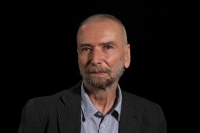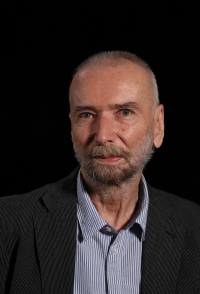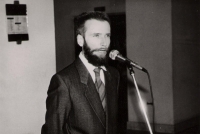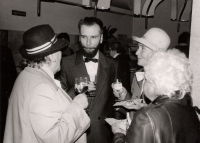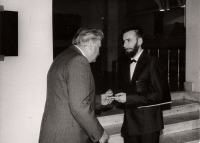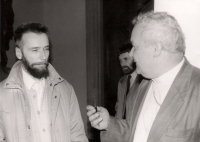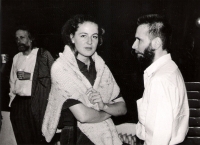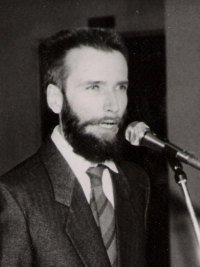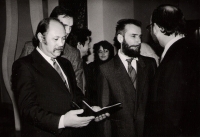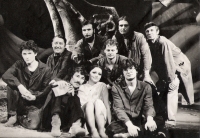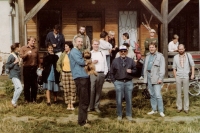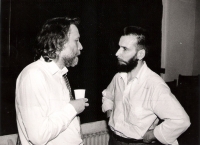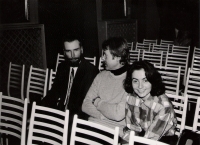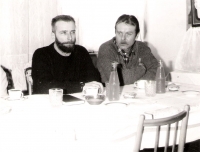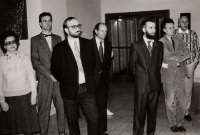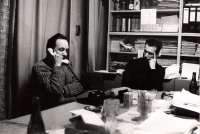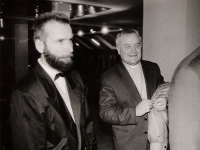After Charter 77 I felt that even seemingly meaningless things have a meaning

Download image
Josef Josefík was born on 2 September 1949 in Ostrava-Zábřeh. He grew up in Přerov where his father worked as a secondary school teacher of Czech and German language and history. In the beginning of 1950s, his grandparents lost their farm. The witness studied at a secondary school of agriculture and in 1968 he entered the College of Agriculture in Jihlava (today the College of Polytechnics Jihlava, VŠPJ). The next year he transferred to study psychology in Brno and he successfully finished his studies in 1794. After his studies he worked in a psychological counselling in Ždár nad Sázavou but he lost his job in 1977. It happened after he suggested the document Charter 77 should be made public. He was forbidden to run a psychological practice and it was hard for him to get any kind of a job. Eventually he became a stage technician in the Divadlo Oldřicha Stibora theatre (today Moravské divadlo) in Olomouc. During his stay in Olomouc, he took part in copying and distributing of samizdat publications and because of that State Security’s attention turned to him. He had worked as a stage technician (actually the job was called workman-builder) for the following 13 years, until the Velvet Revolution, after which he became the director of the theatre. He has never returned to his previous job in psychology. During the recording of the interview (2021) he lived in Prague.
